Department News
“Education is not the filling of a pail, but the lighting of a fire.”
W.B. Yeats
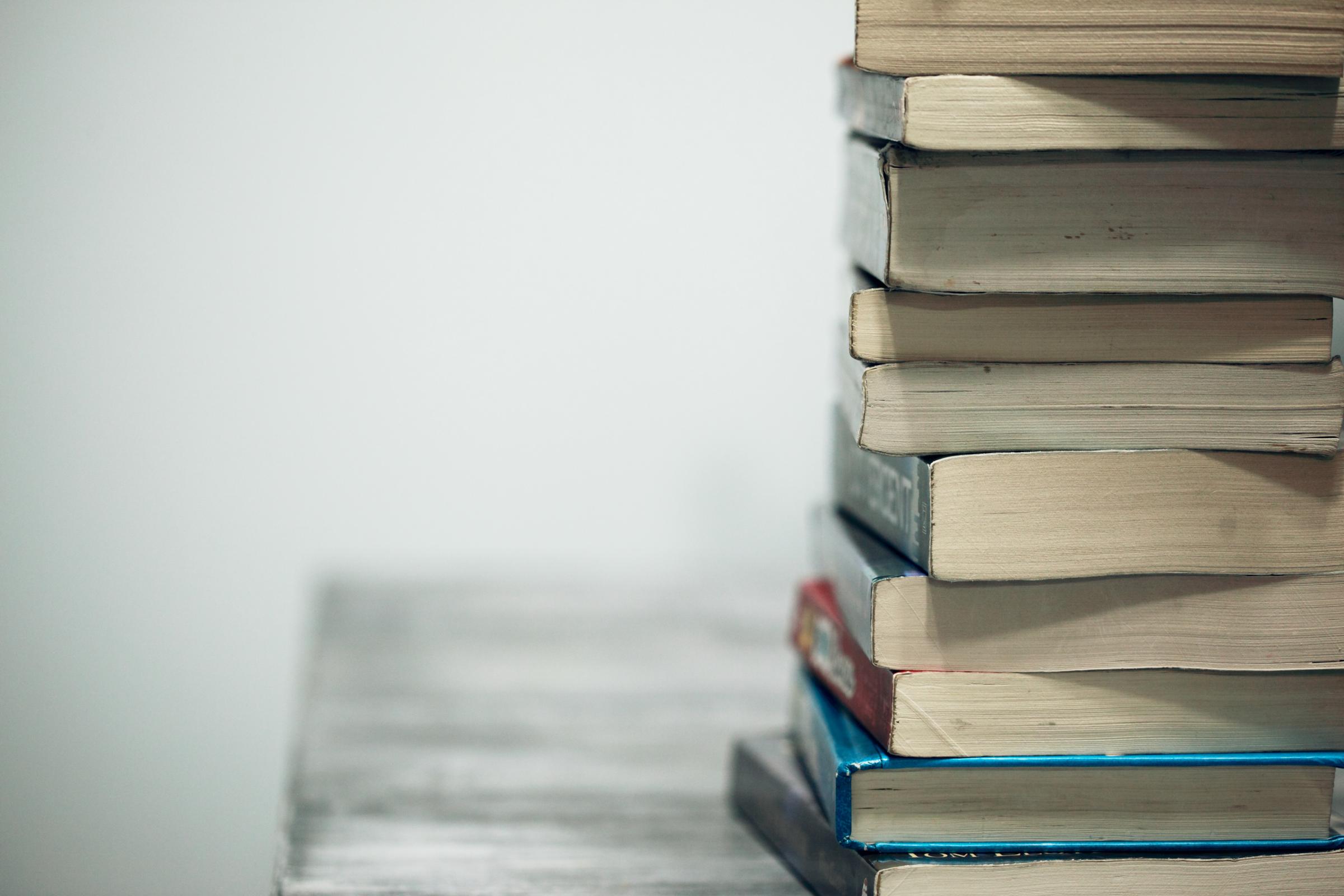
Department News
“Education is not the filling of a pail, but the lighting of a fire.”
W.B. Yeats
Life-long learning and Reflective Writing - In order to move forward in learning, it’s important to look back.
With a goal of empowering students to become life-long learners, it is imperative to show how to apply reflective thinking to help them continue to move forward.
“Through my study of short fiction texts such as Roald Dahl’s’ “Lamb to the Slaughter” and Tim Winton’s “Damaged Goods,” I learned how writers are able to powerfully and effectively develop authentic characters by careful consideration of the motivations that underpin their actions. This understanding made me realise that in my own compositions, the behaviour, responses and decisions that I chose for my character had to have an underlying reason and if this did not exist, my character’s behaviour might seem confusing or worse, contradictory. I realised that as a writer, I needed to understand what my character needed or wanted - their why - before I could set them to work slaying dragons or catching buses. This new understanding was pivotal because it made me realise I needed to reevaluate key sections of my writing and it lead me to restructure my story resulting in a more engaging and cohesive narrative…”
Reflective writing, like in the example above, makes the learning of students highly visible through raising their awareness of their own progress. It’s an opportunity for the “lightbulb moments” and “epiphanies” which make learning exciting to be captured and celebrated. In engaging with reflecting thinking and writing, students are presented with a tremendously valuable opportunity to be aware of their capacity as learners, and their progress as learners. This metacognition, or “thinking about their thinking” is inherent in the process of reflective writing, through which valuable critical thinking skills are applied and developed as students recognise their problem-solving capabilities and begin to plan their next steps in the development of their skills.
Reflective writing and reflection upon learning is a key component of the English curriculum and is captured under the Outcome “Students learn and reflect on their learning through their study of English.” At Brigidine, this reflection takes place in both informal contexts and more formalised modes. Discussions in the classroom about the reasons behind a creative or interpretive choice encourage awareness of the steps involved towards a particular point. More formally, students compose reflective writing as a component of some assessment tasks across Stages 4-6 where they justify their decisions and evaluate their choices in light of an aim. Fundamental to this type of writing is consideration of what might be the next step in their development of their work or an exploration of how they would approach aspects of the task differently. Below is an example of this evaluative step in a piece of reflective writing:
“In my next draft, I see how I could improve my writing by developing more implicit ways to reveal my character’s motivations as I recognise that, at times, my narrative was too overt in offering an explanation for the reactions of my character. I will build on my repertoire of techniques to reveal character more indirectly which will enable me to imply their motivation as opposed to state it with a view to drawing my reader into a closer questioning and consideration of my character and central theme.
This process of reflection on and evaluation of their own work empowers students to embark on the next step in the development of their skills in a more independent mode. Further to this, reflective writing supports the development of a ‘growth mindset”, a mindset proposed by Stanford University professor, Carol Dweck. A growth mindset is one where people believe that their abilities can be developed— that ability and talent are a starting point rather than the critical factor in a final result. It creates a love of learning and a resilience that is essential for accomplishment. The benefits of reflective writing are evident in, but extend far beyond, the subject area of English.
Clare Rose
Assistant Head of English
The second half of term 2 has allowed many learning opportunities for both our senior and junior science students that have challenged and developed their scientific thinking and working scientifically skills.
With the relaxation of restrictions, incursions and excursions are now able to be a part of the curriculum and allow students greater depth and an experience perhaps not possible in the science school laboratories. Our 12 Biologists and 11 Chemistry students were able to have such rich learning experiences.
The 12 Biology students undertook a day long incursion with STEMREACTOR, which exposed the students to the different gene technologies of electrophoresis and genetic engineering. Our biologists manipulated harmless bacteria to insert a gene that made them glow in the dark ! Electrophoresis was used to separate the coloured dyes in M&Ms and then applied this technology to determining the inheritance of genes.
Through gaining hands-on experience doing experiments that normally you would only see at high tech university laboratories students began to understand both the current application of biotechnologies, but also future opportunities for development in our world. This sparked curiosity and discussion amongst the students about how biotechnology is leading scientific discovery and applications but also the ethical questions and responsibilities that come with these technologies.
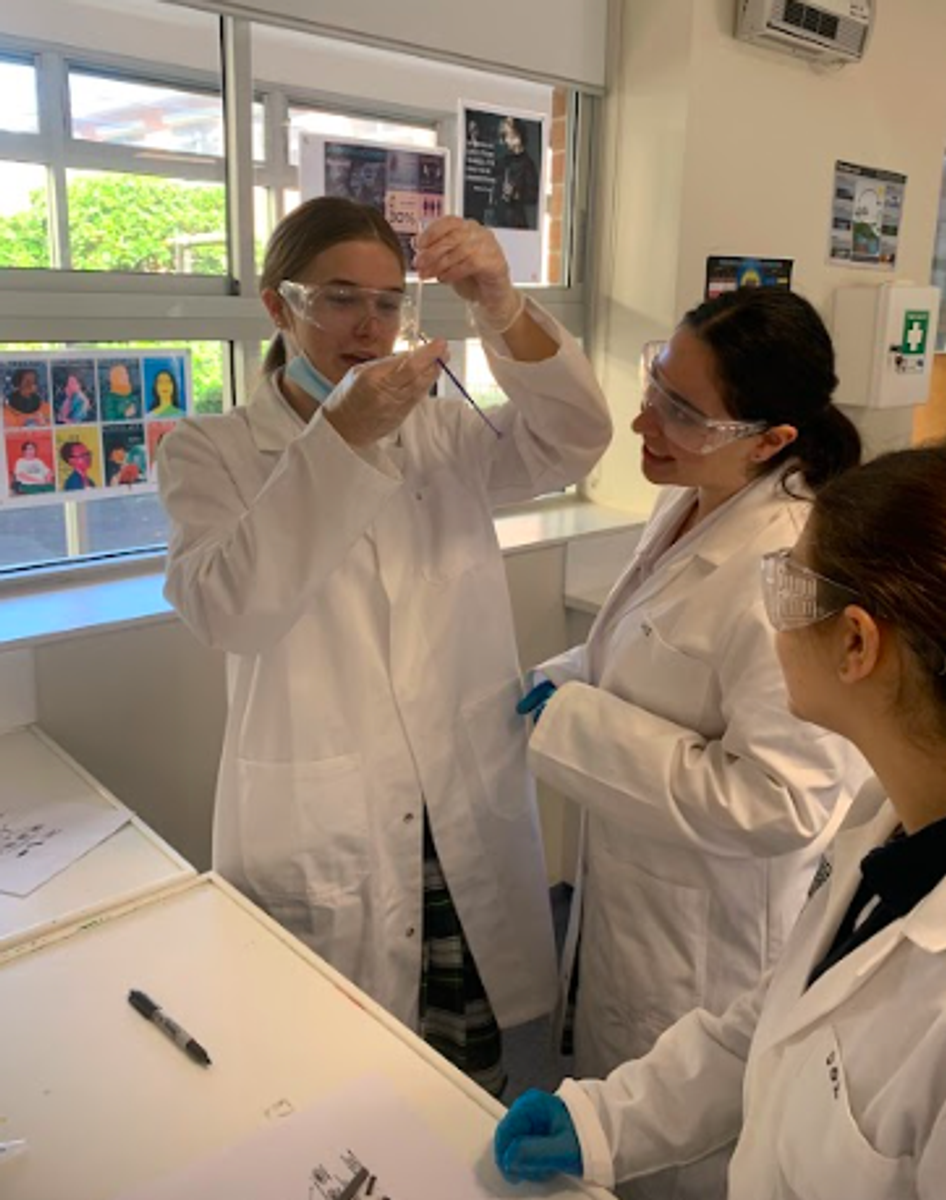
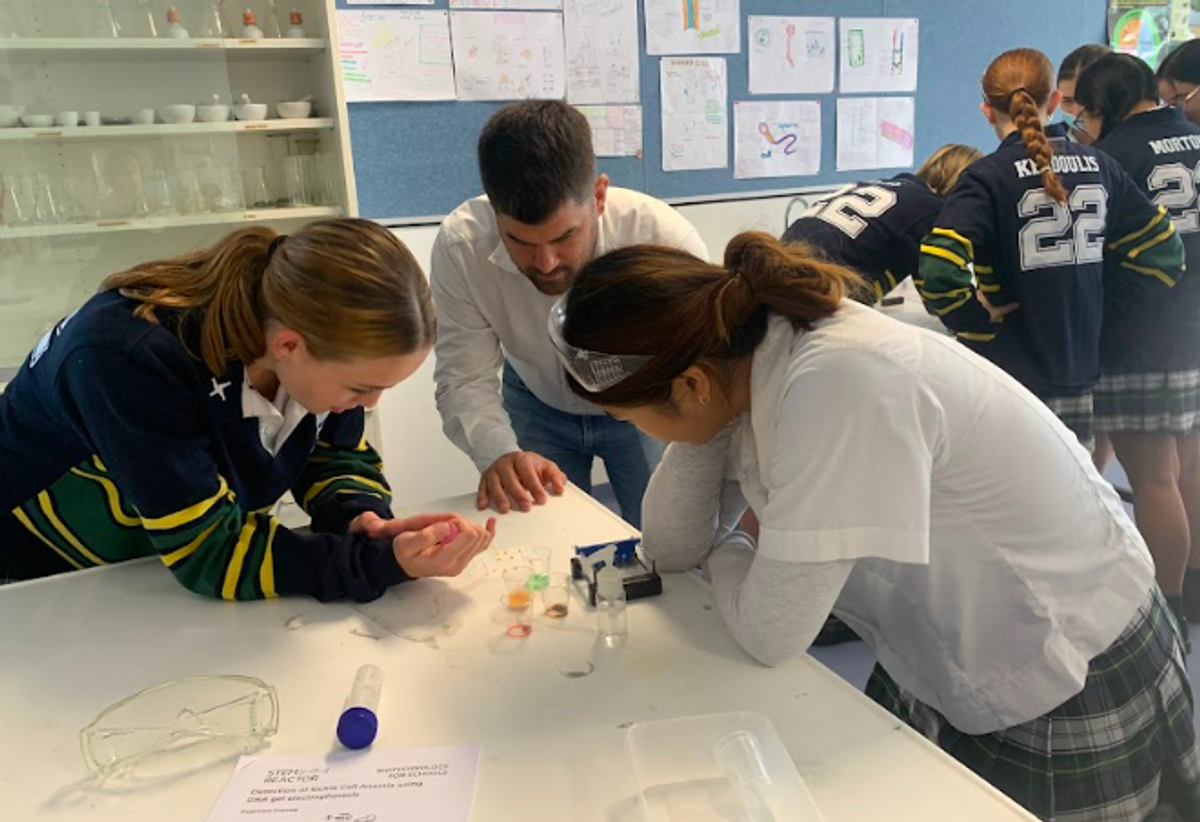
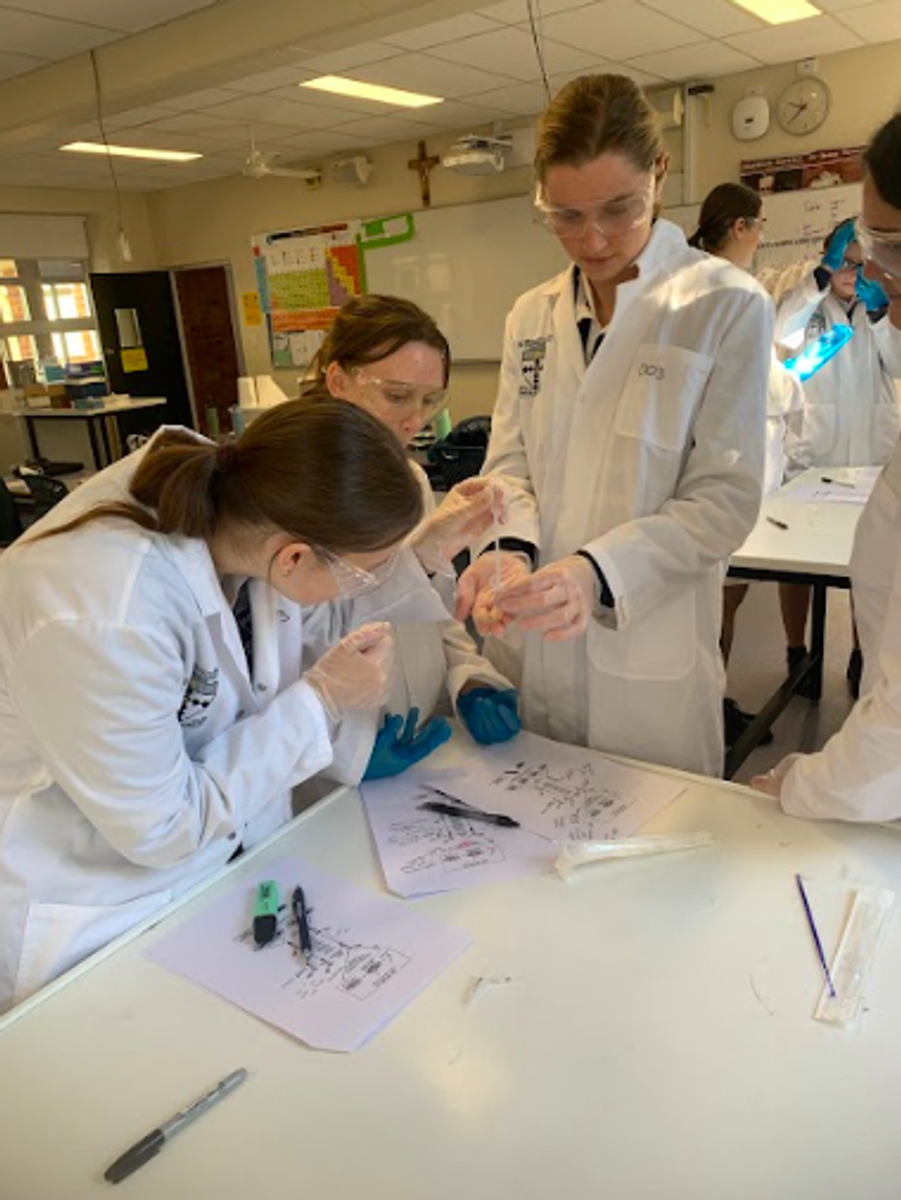
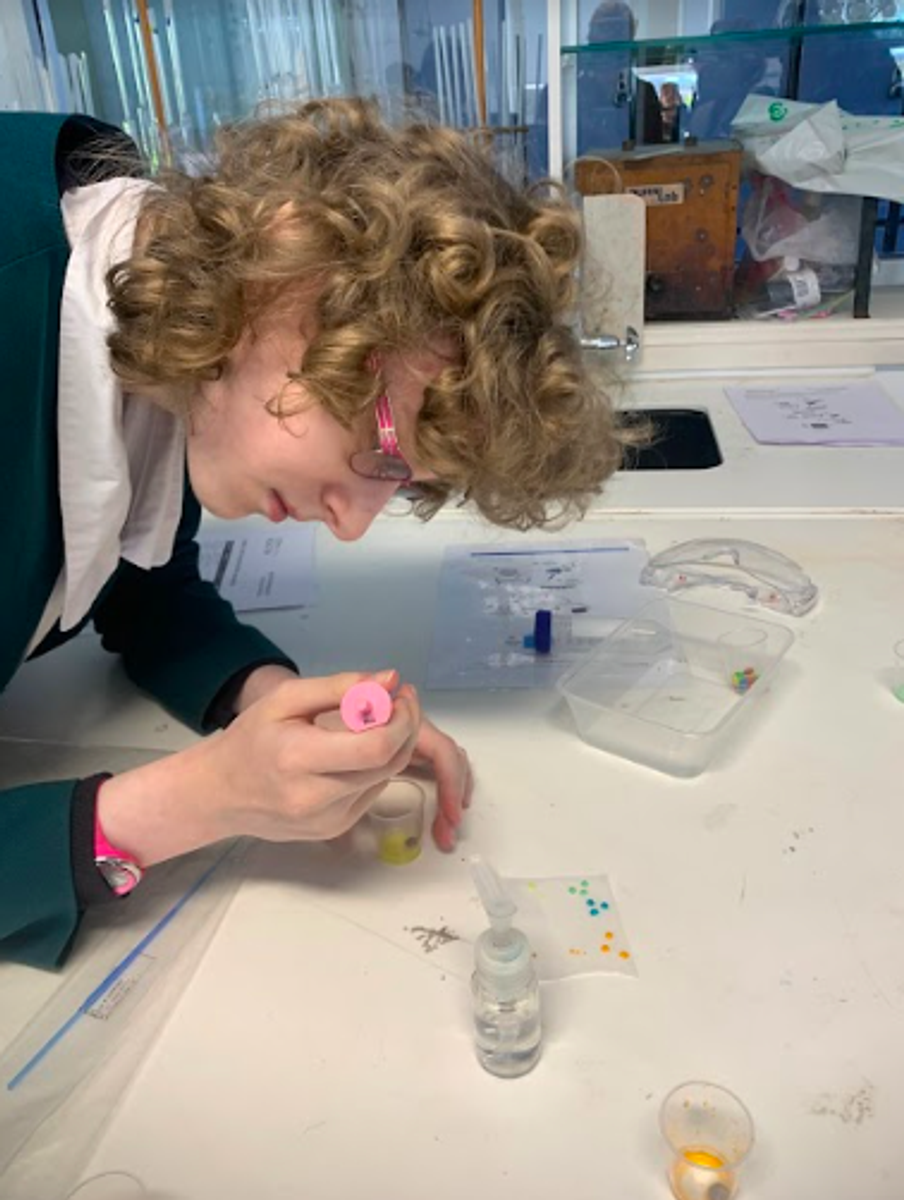




The two Year 11 Chemistry classes went on an excursion to the Australian National Maritime Museum at Darling Harbour. This was to give them some ideas for their Depth Study on the preservation of metals in a marine environment. Students had the opportunity to examine first hand some artifacts recovered from the ship Dunbar which was wrecked off South Head in 1857. They also viewed a video documenting the salvage and restoration of a canon from HMS Bounty recovered off Pitcairn Island. The whole process taking about 8-10 years. An onerous and time consuming undertaking indeed.
A highlight of the day was a tour of the HMAS Vampire, where students viewed what conditions are like on a modern day naval vessel. After overcoming their initial feelings of claustrophobia, students marvelled at the cramped sailor’s quarters. While taking note of the measures taken to preserve the vessel from oxidation, students also found time to recreate the classic scene from Titanic at the bow of the ship!
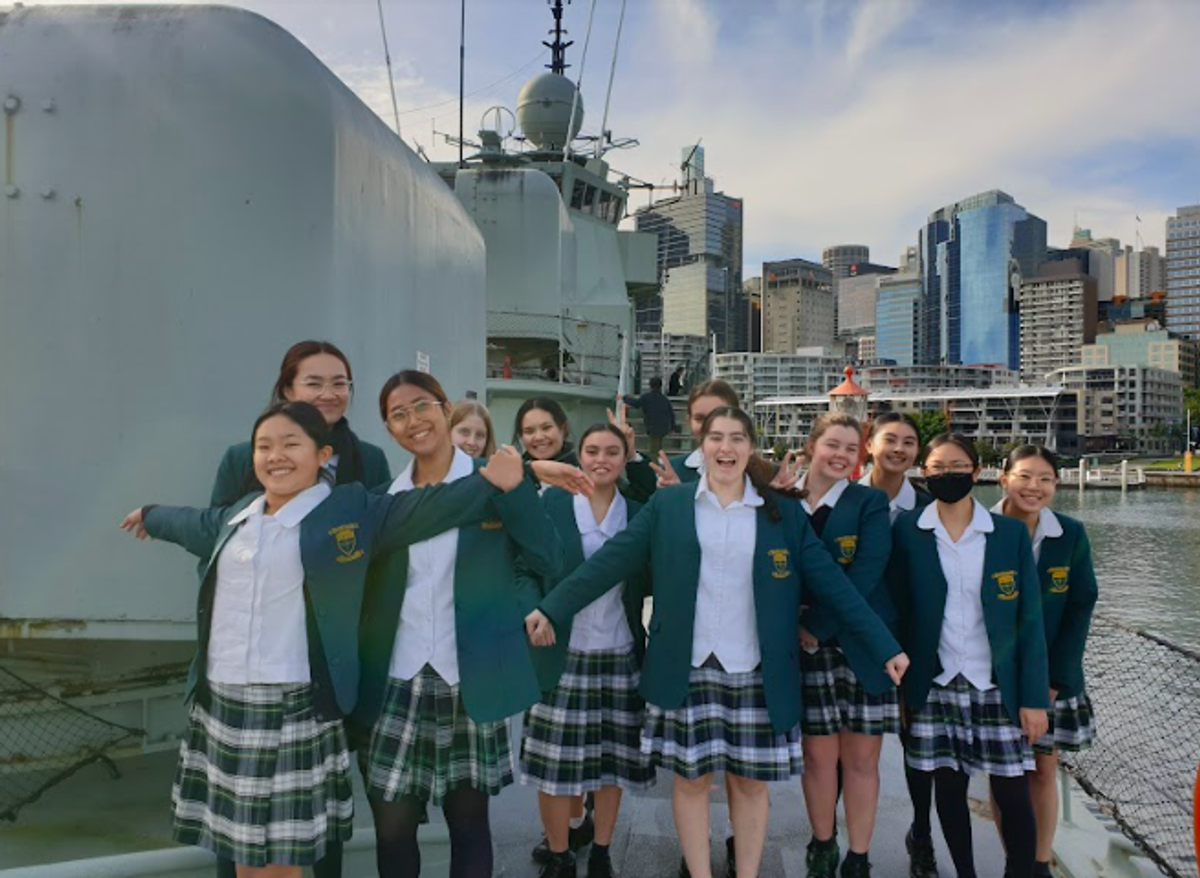
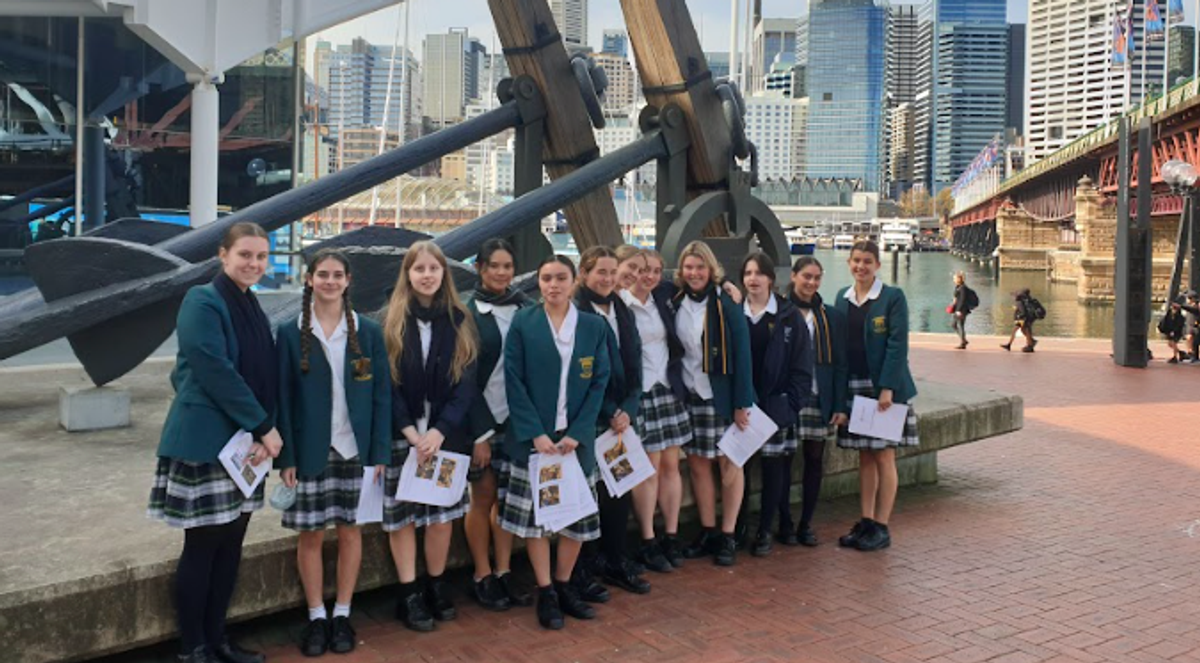


Tess Waterhouse
Head of Science
In Visual Arts this term, students have developed their creative thinking and artistic potential as they continue to develop their ideas into highly resolved artworks. It is a pleasure to see our girls walk away from our Visual Arts classrooms with a sense of achievement as they build on their creations and develop their skills.
Currently we have had a successful series of kiln firings for our many ceramics works across Year 8 and Year 9. The students now have the opportunity to express their creative direction through surface treatments using coloured underglaze and gloss glaze.
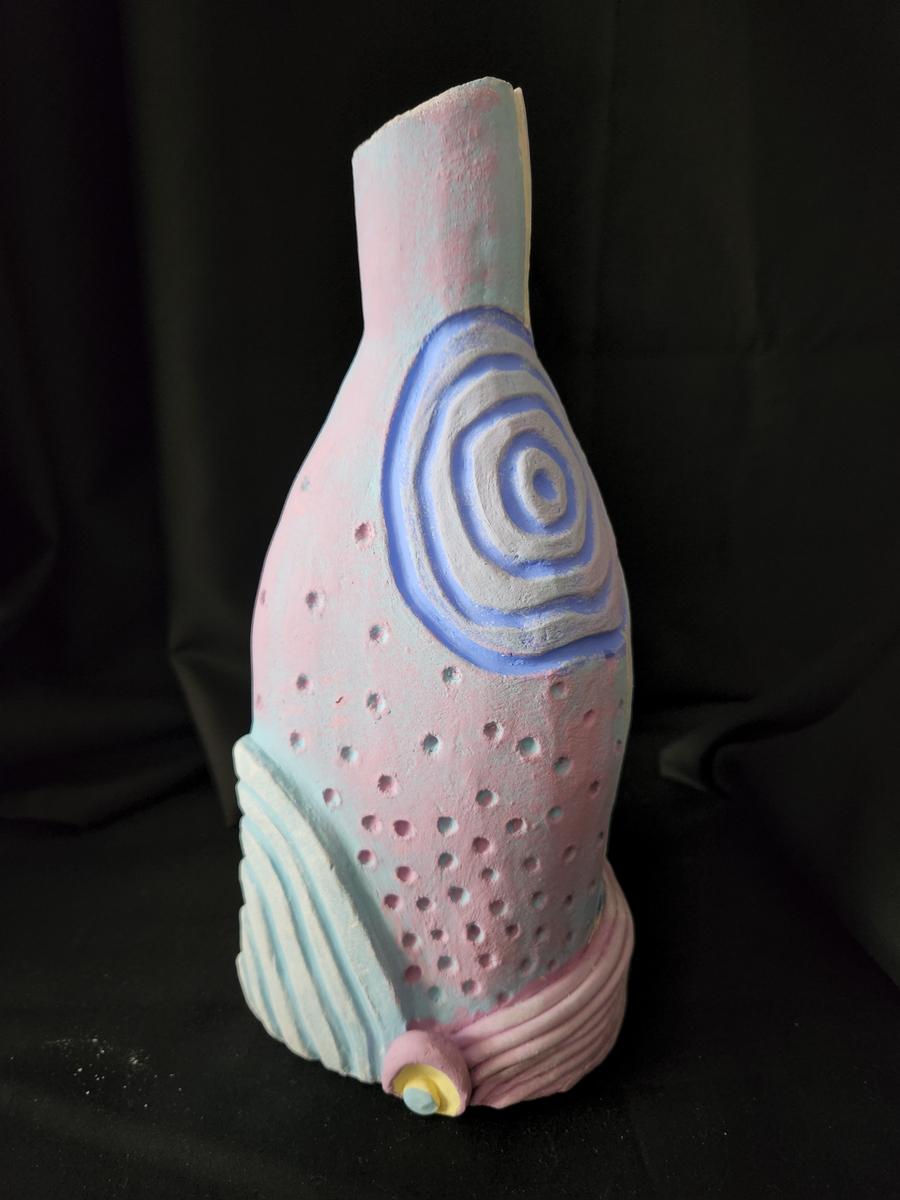
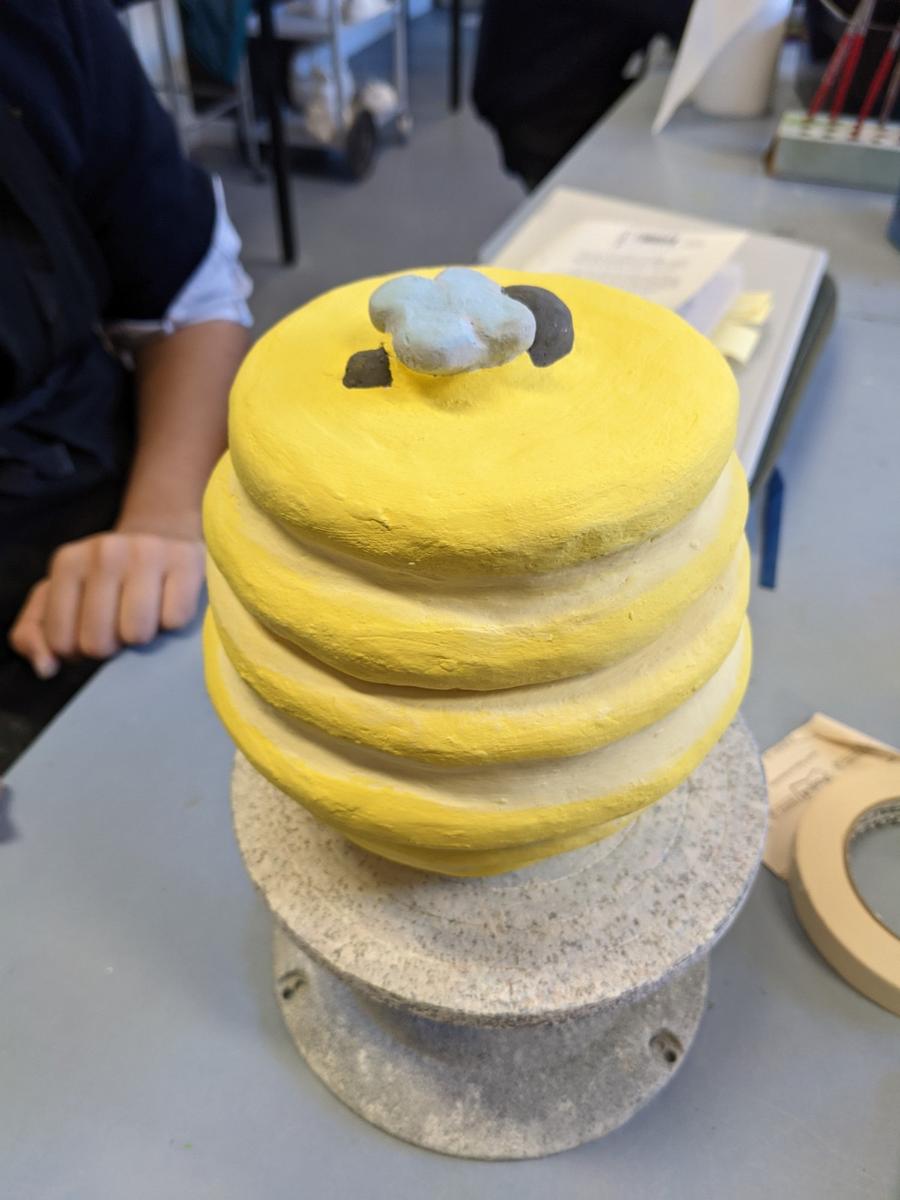
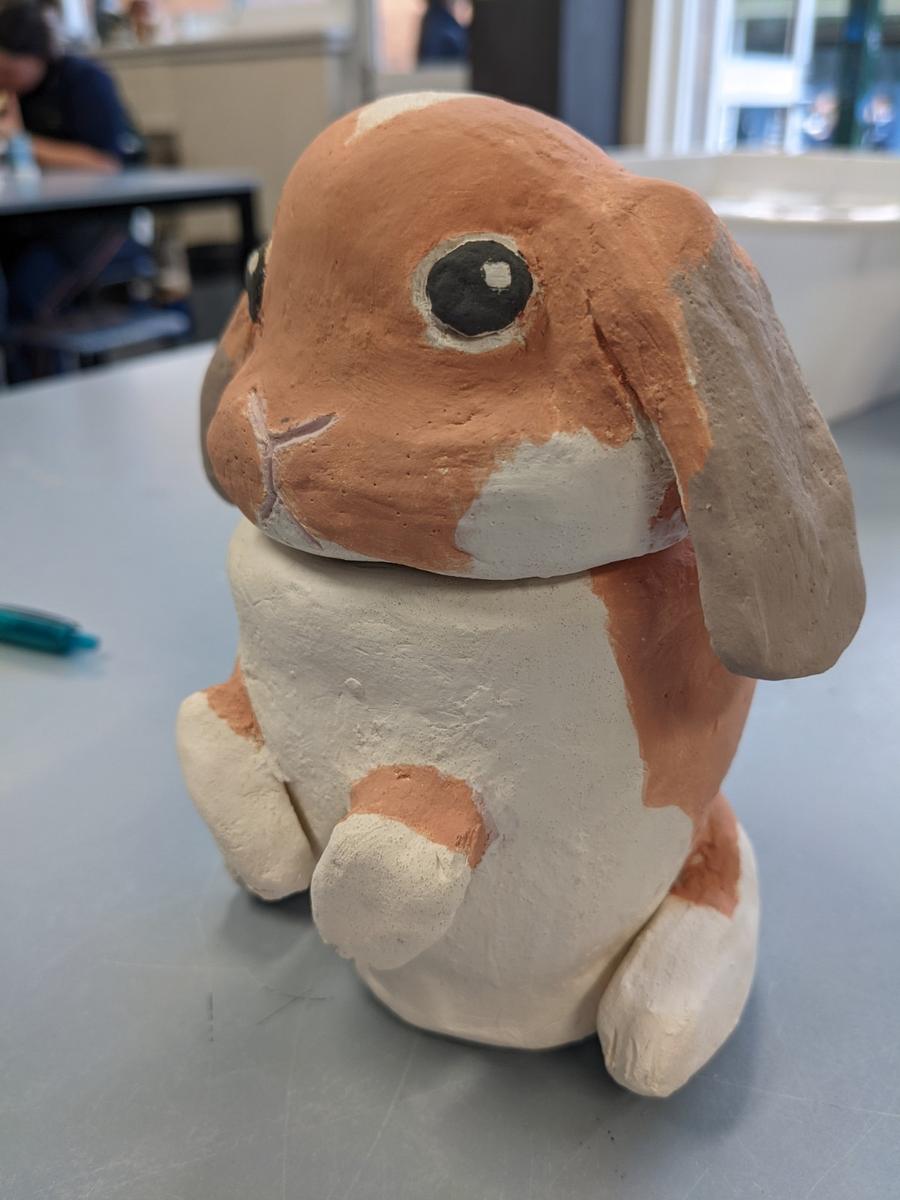
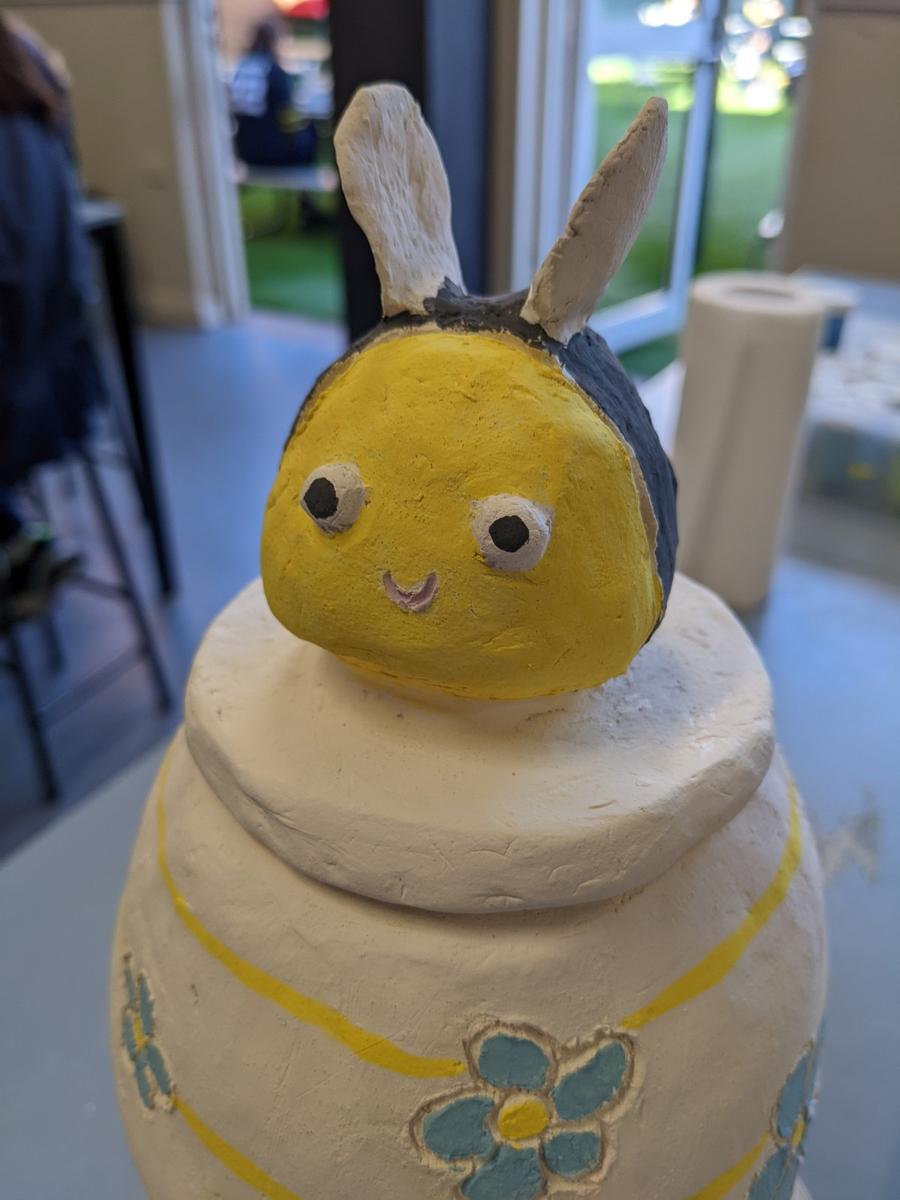
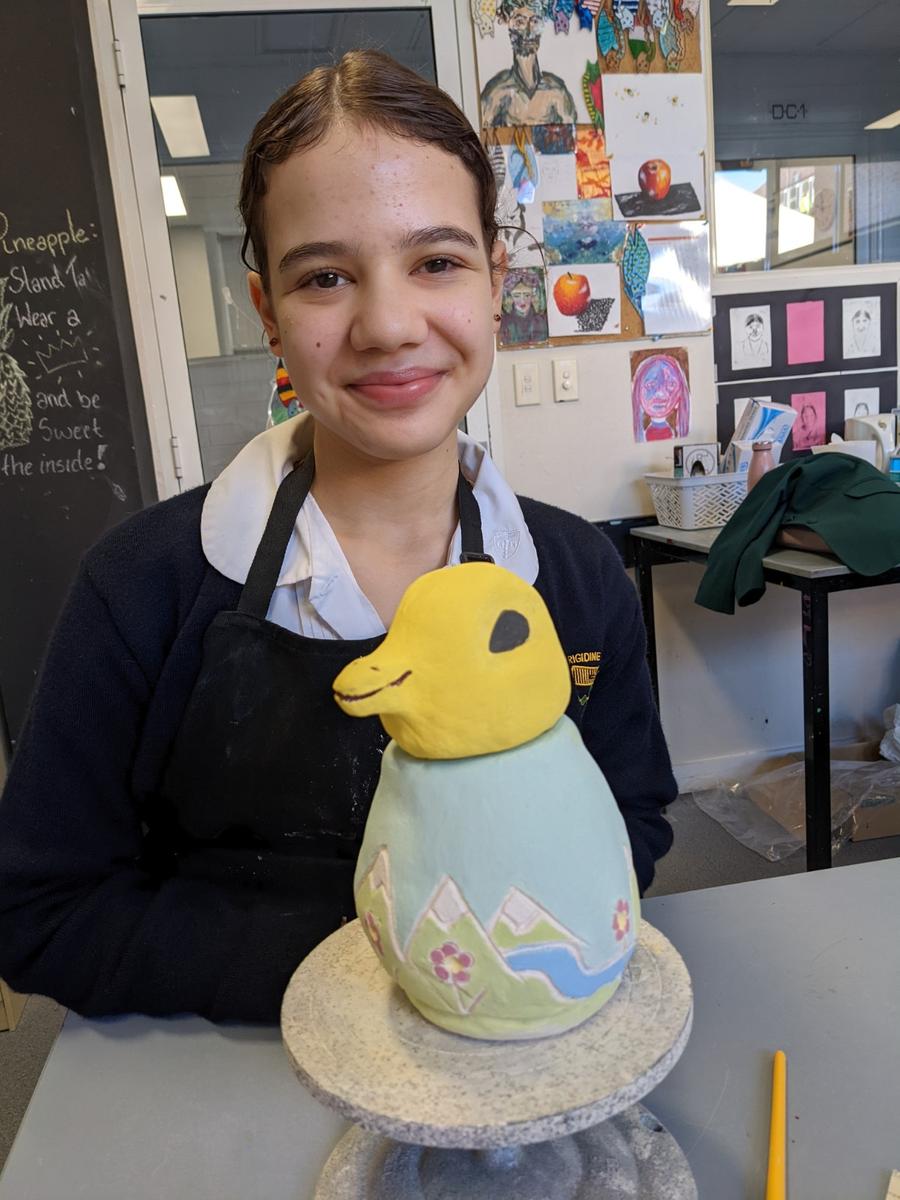







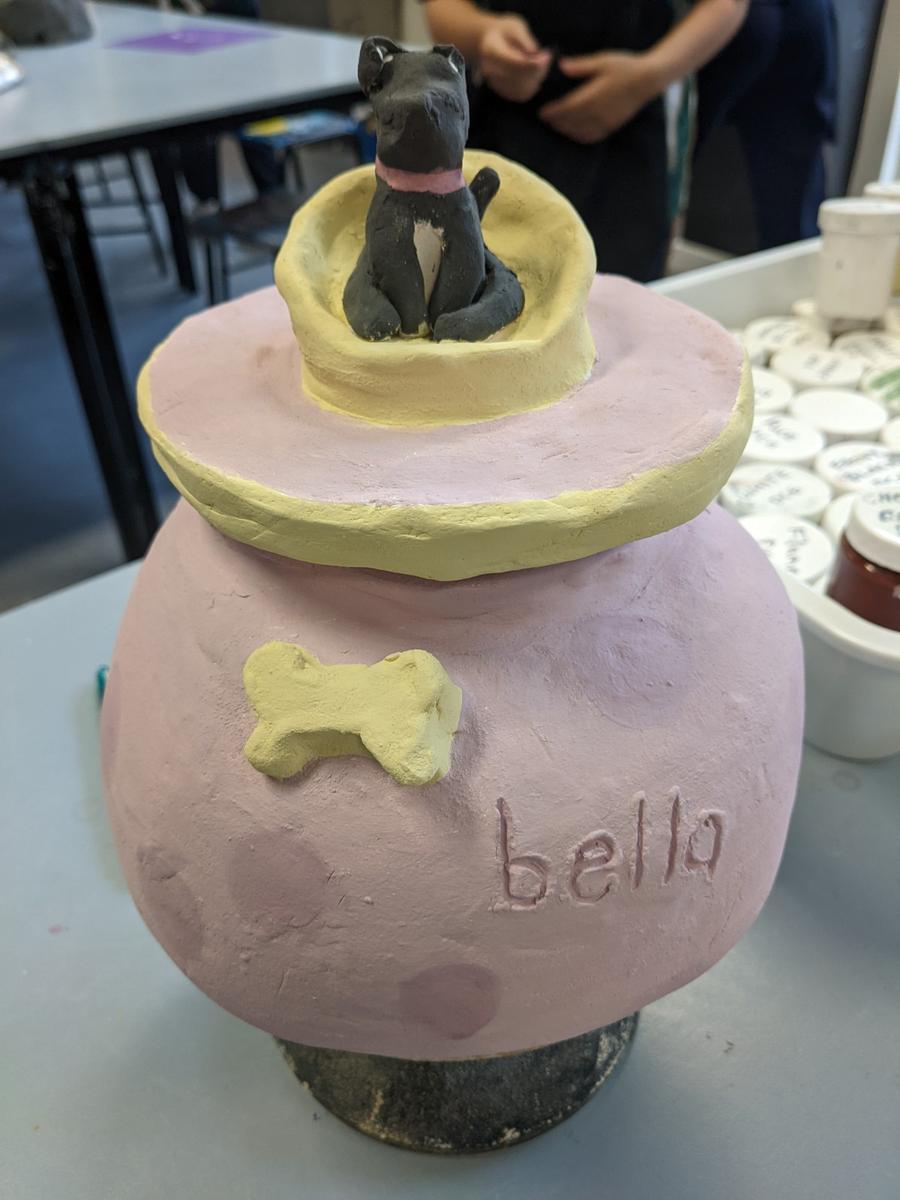
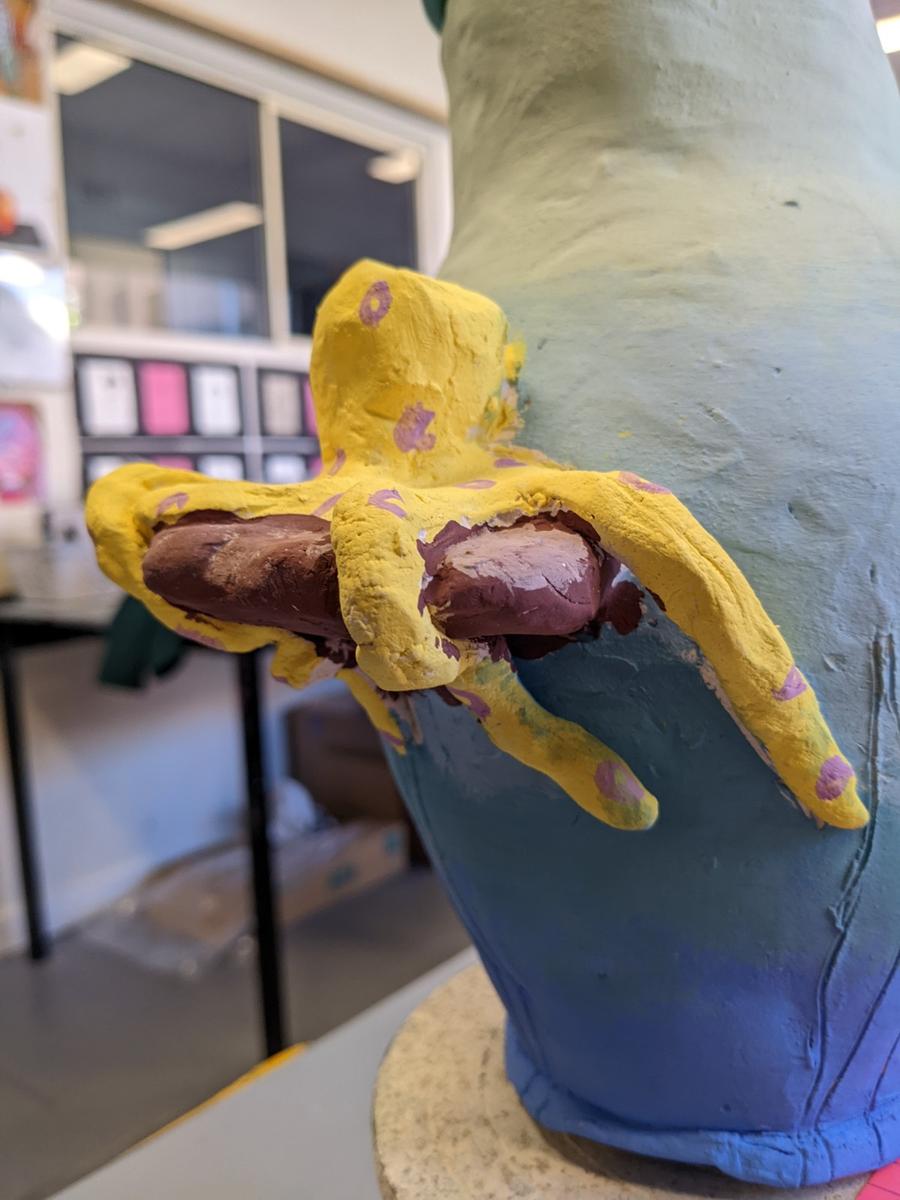
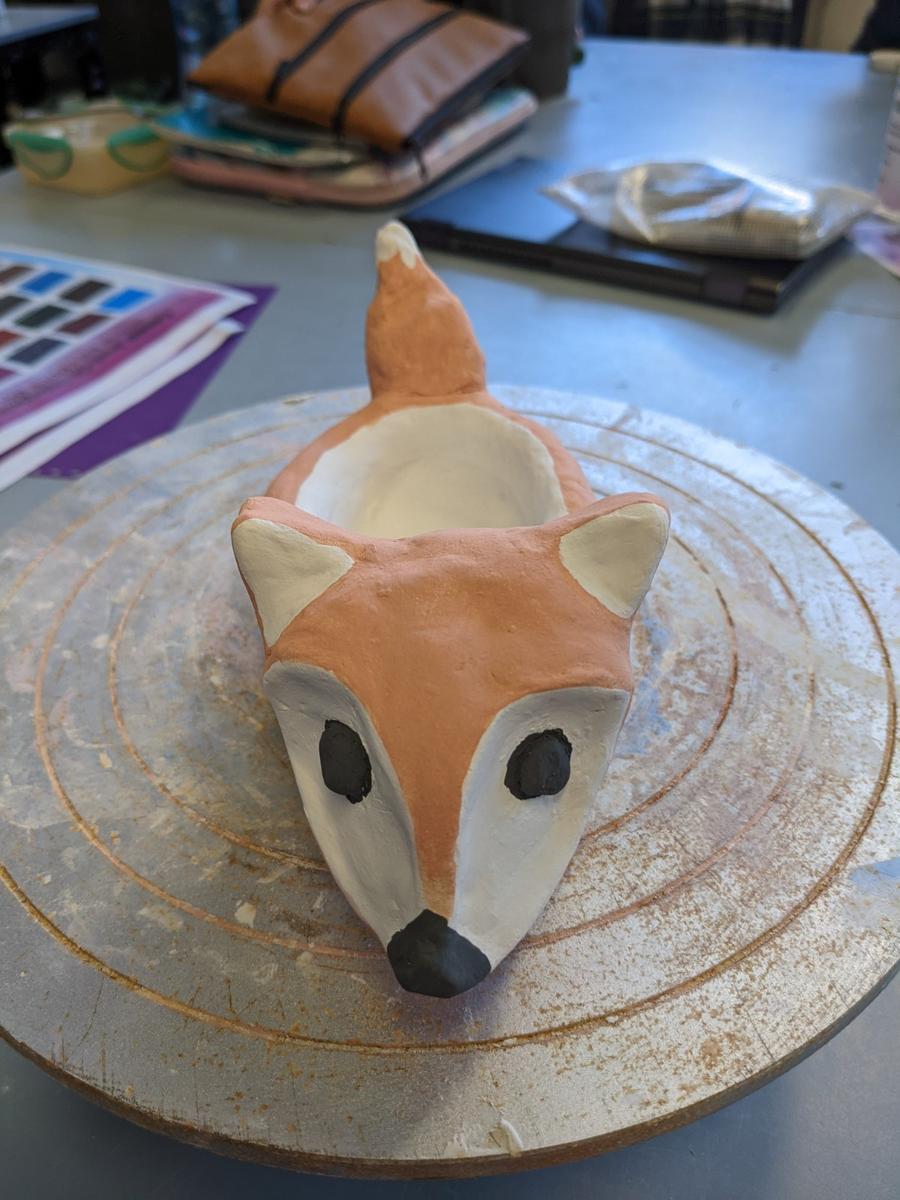
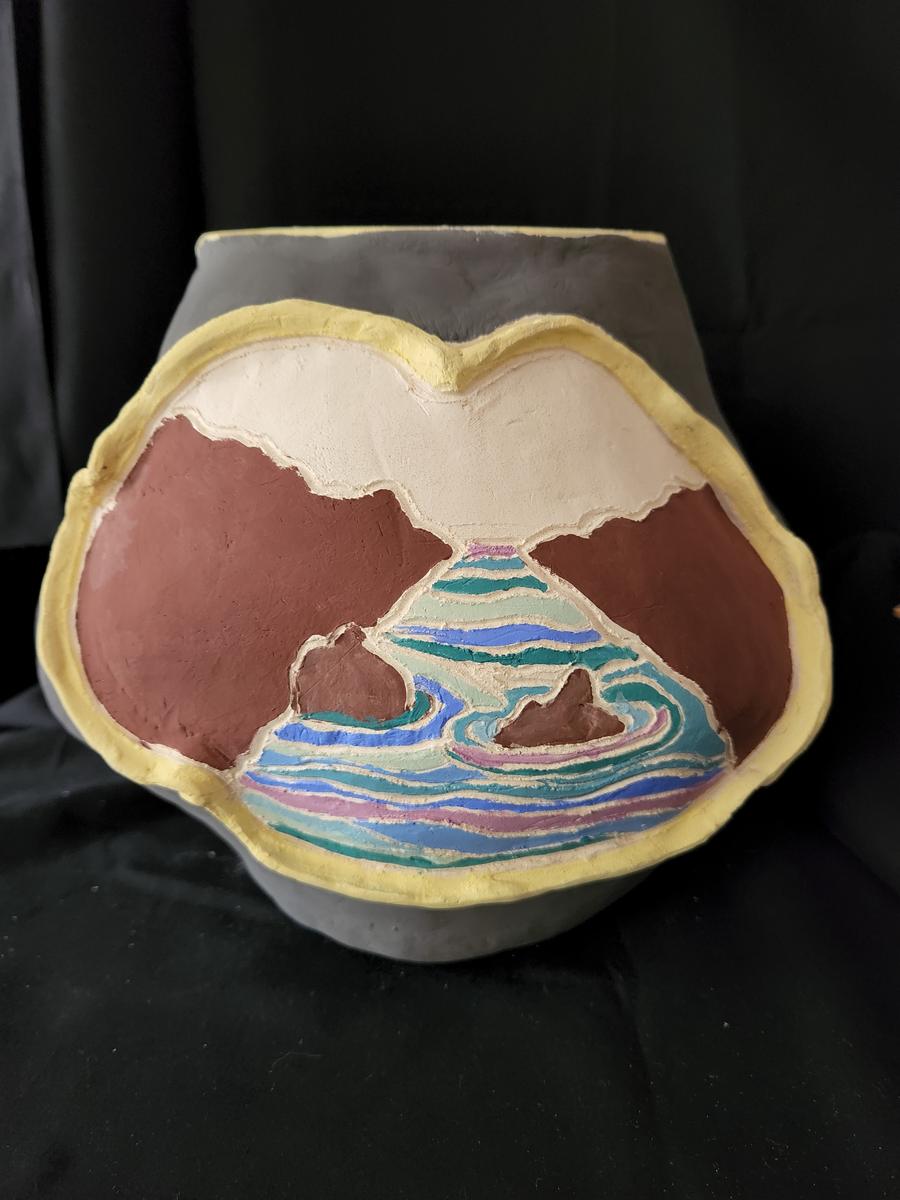
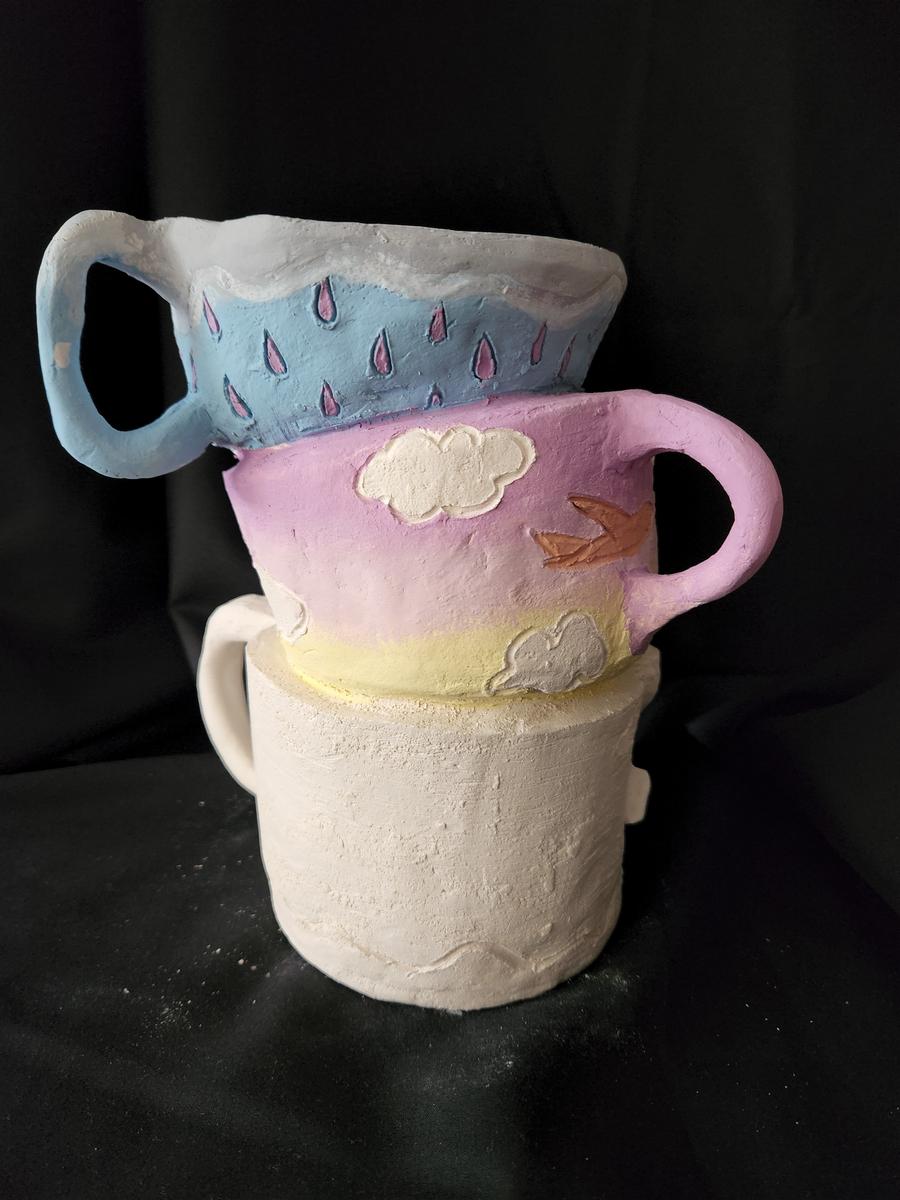
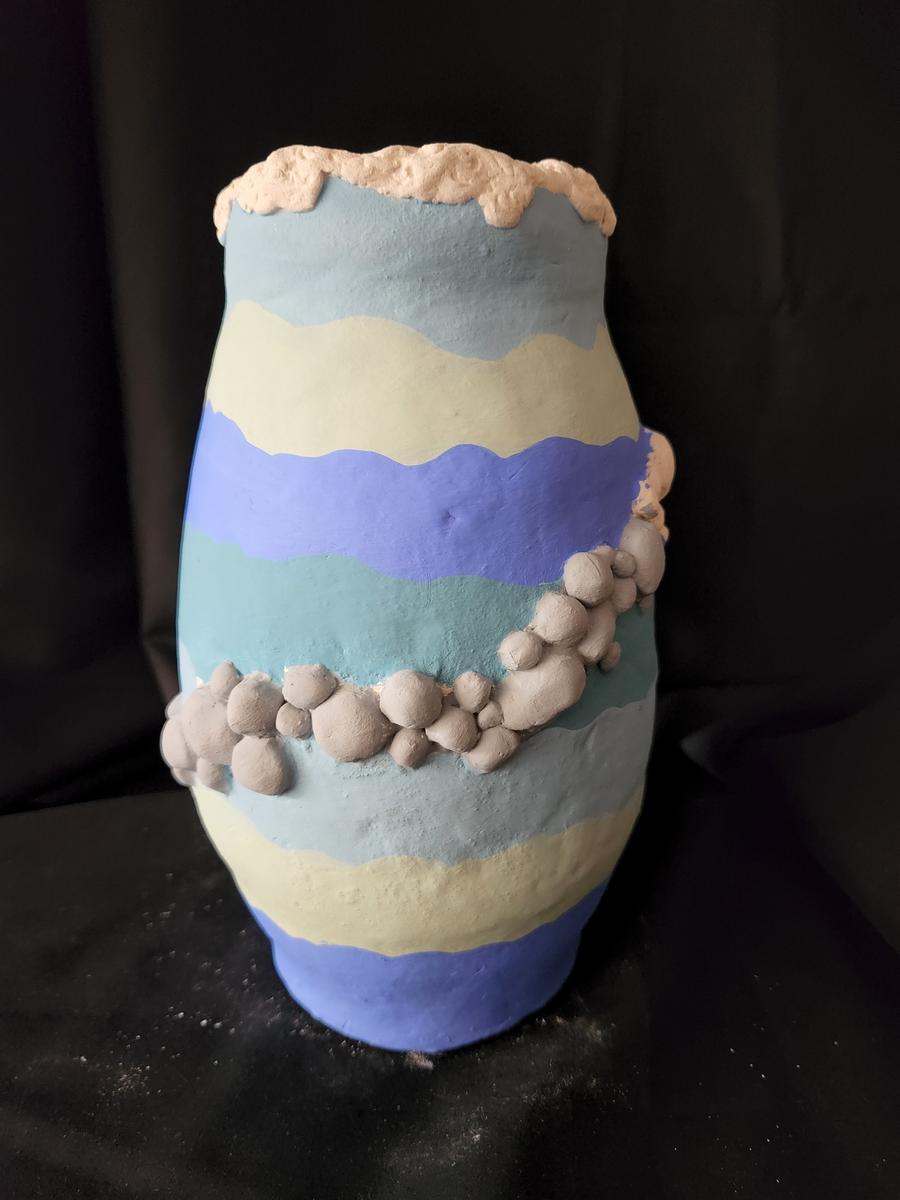






These ceramics pieces are sure to look stunning once they have gone through their final firing. Year 11 Ceramics students are also well underway in the making of their sea inspired vessels and will soon go through the first firing process.
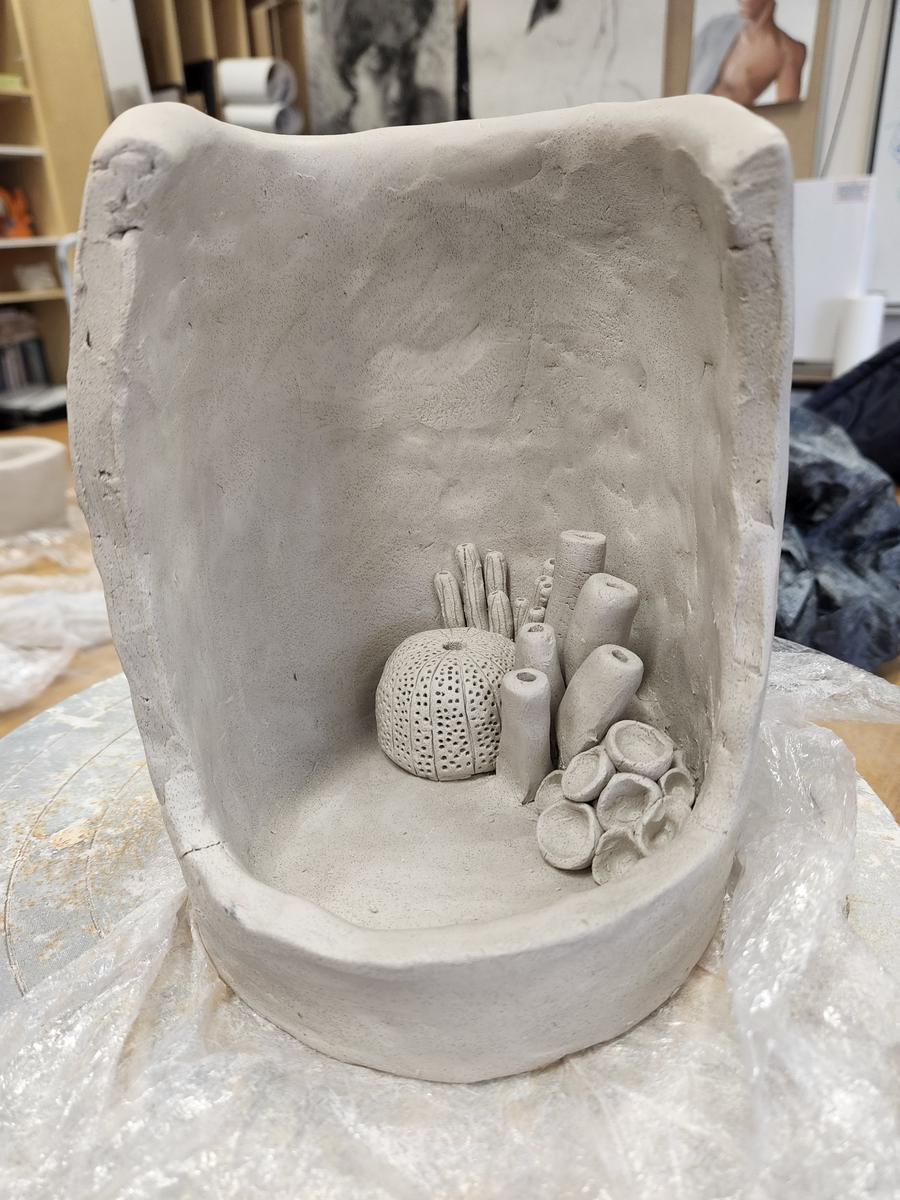
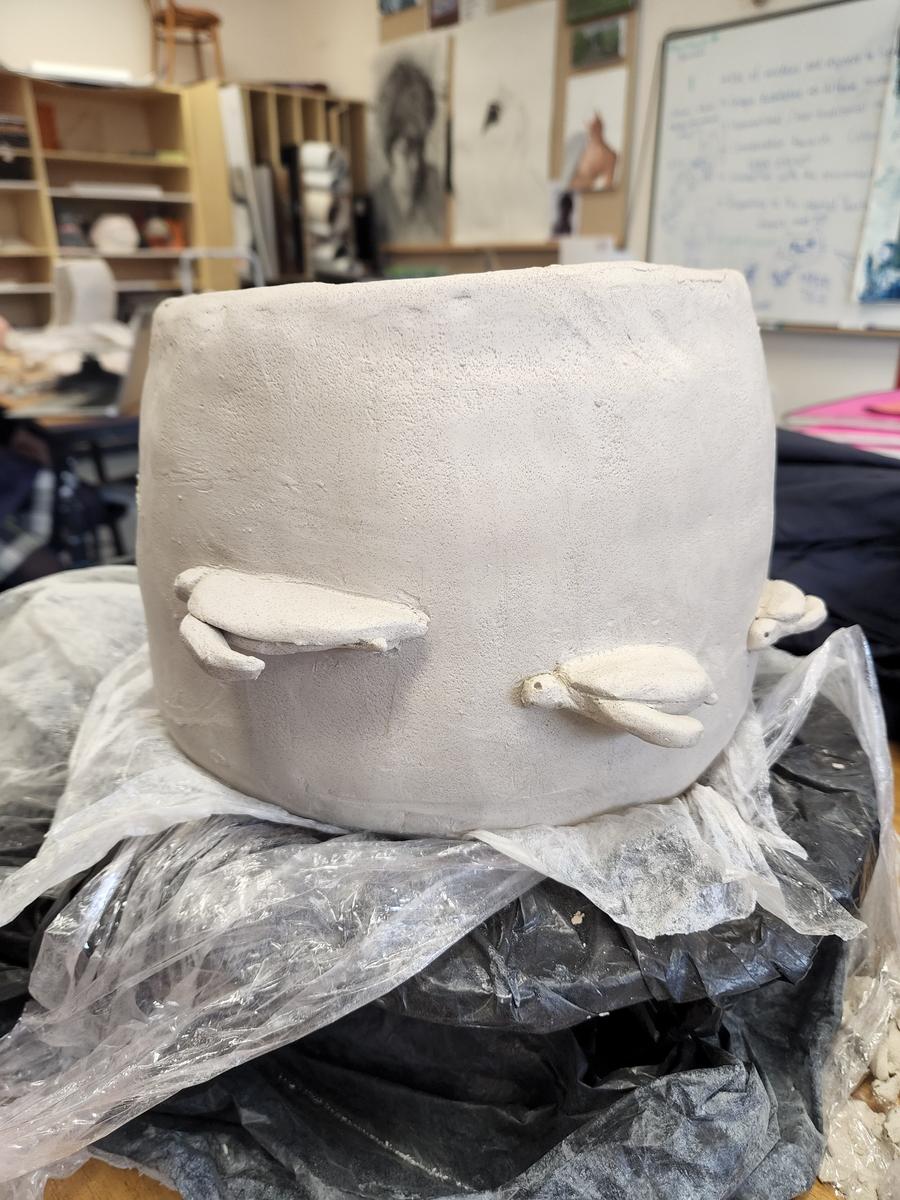
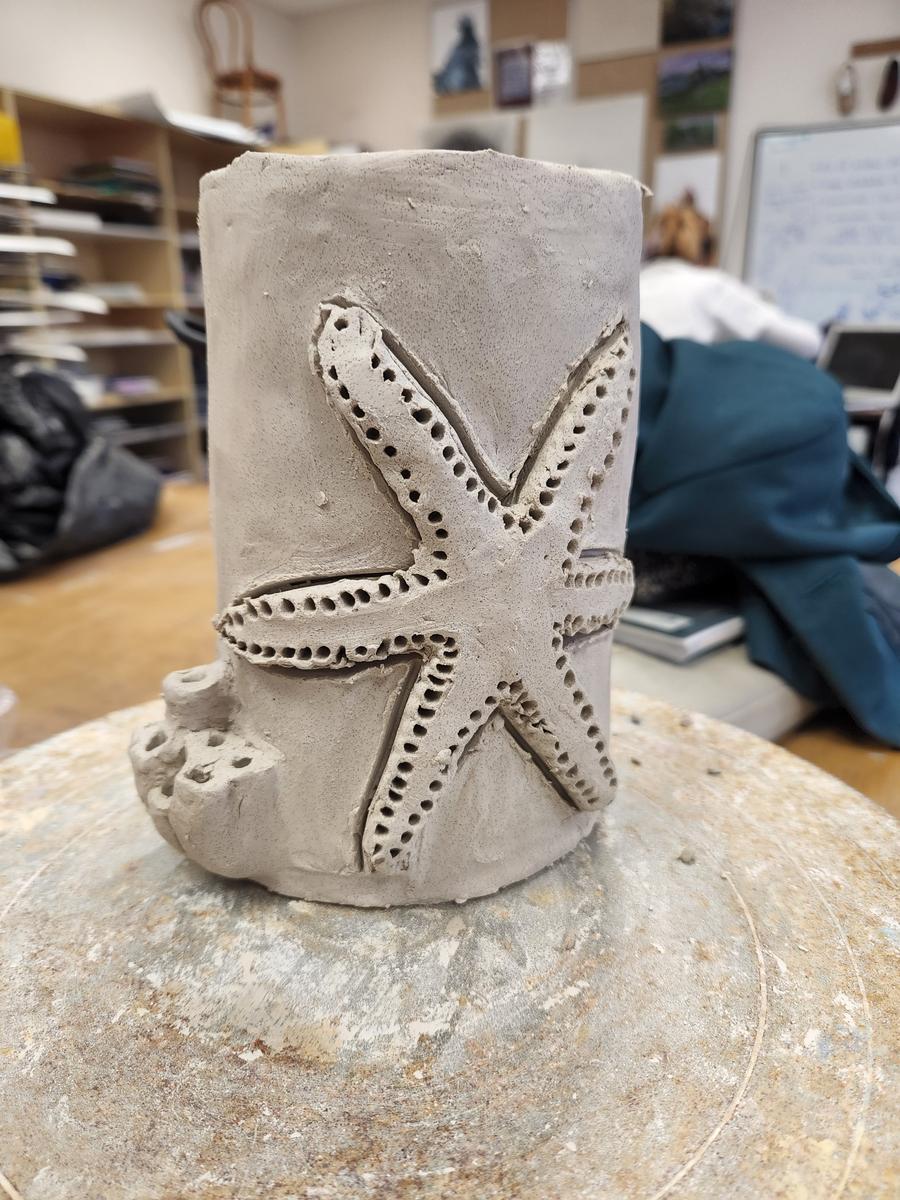
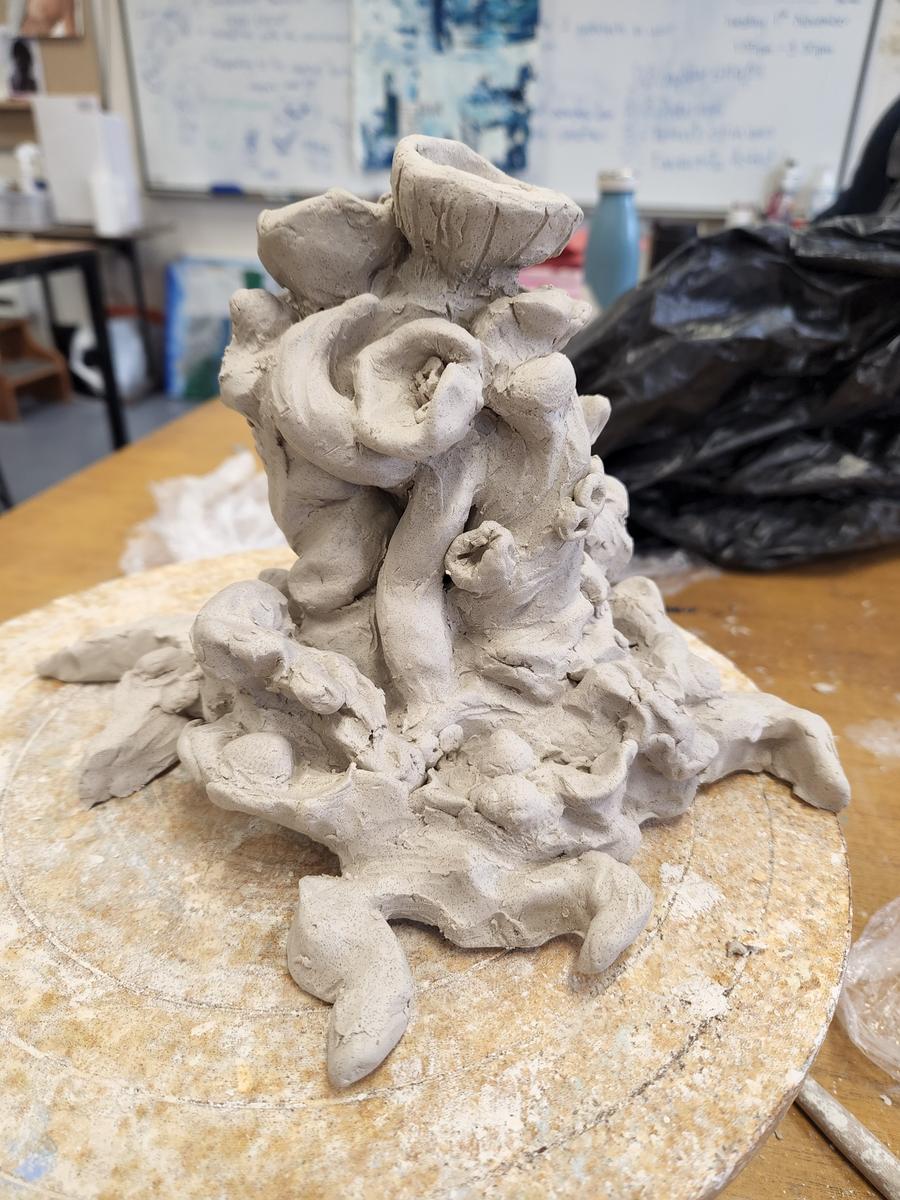
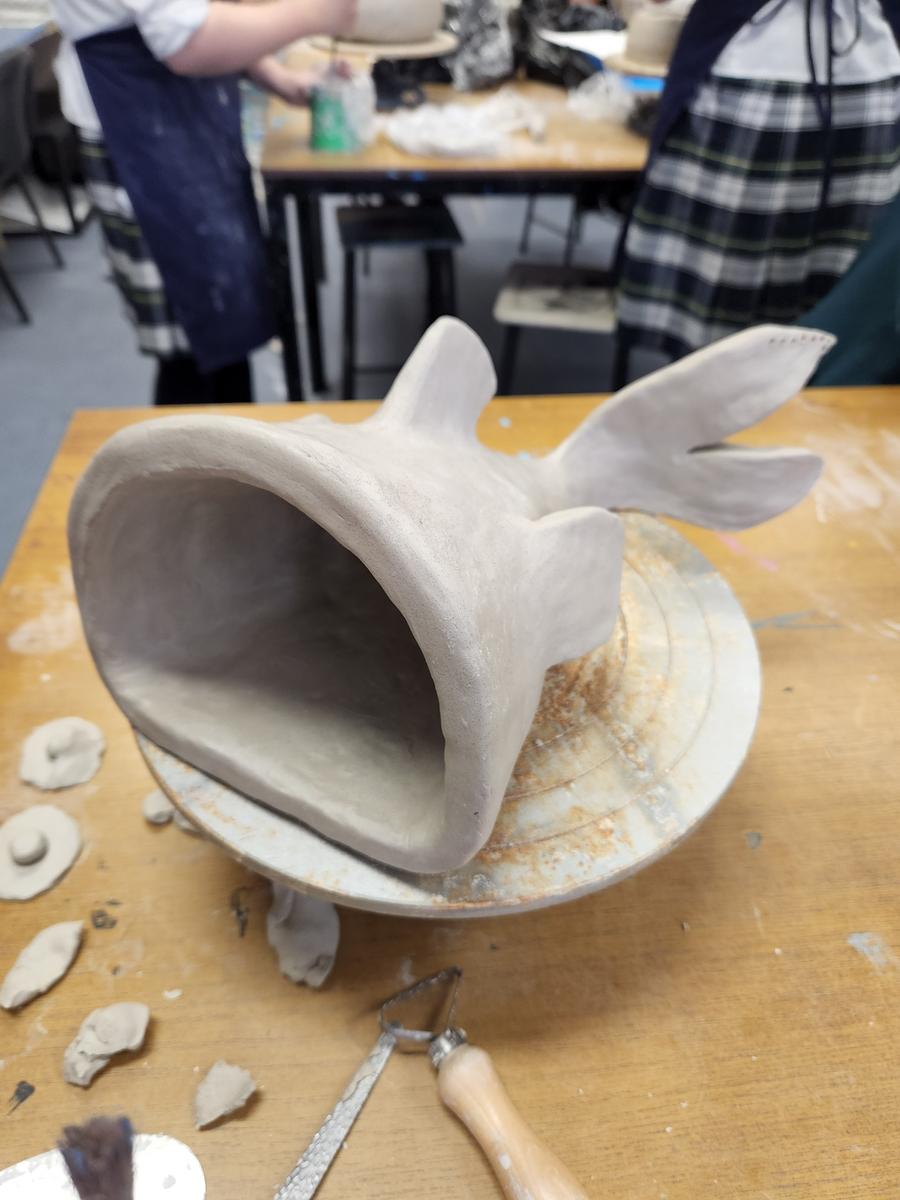
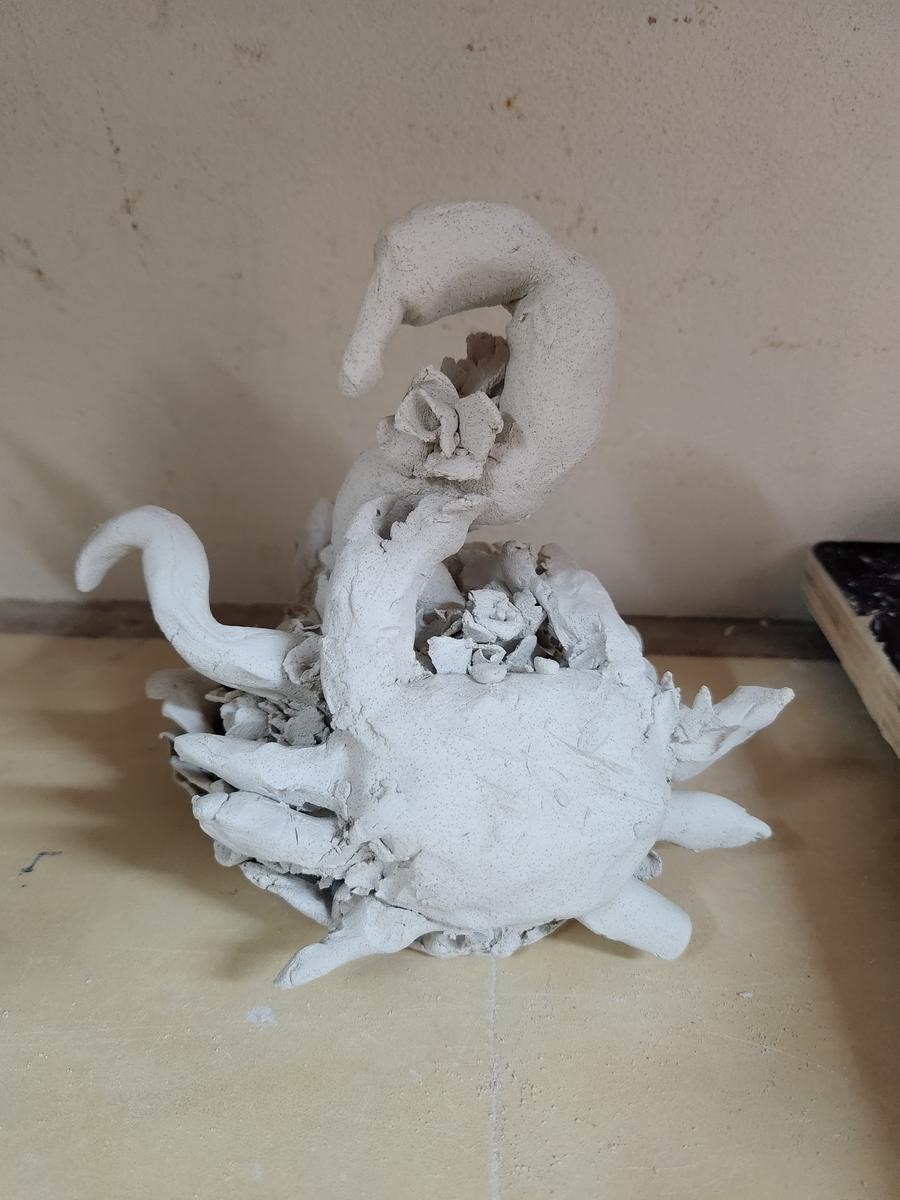






Year 10 are concluding their studies of Postmodernism with their final artwork which responds to key issues we face in society today. These issues range from concerns regarding pollution to the representation of women in art. Our study of Postmodernism has been both eye opening and enlightening as we explore how artists challenge the artworld and society's expectations through their artmaking and artistic practice.
Our Year 7 students have been exploring their local environment with the design and making of a Fauves inspired landscape artwork. In addition, Year 7 have also explored their Wonderful World at home, utilising the skills learnt through their frequent observational drawings in class.
Our senior girls are continuing to explore their creative potential, with Year 12s’ ongoing development of their Body of Work for the HSC and Year 11 Photography students’ exploration of digital photography and Vanatis. Year 11 Visual Arts students have undertaken their own small artmaking response to Transformation & The Environment, exploring sculptural forms and new materials.
The Visual Arts Department is so excited to see many of our students' initial sketches and ideas grow into final artworks and we commend all of our students on their hard work and dedication to developing their artmaking skills each and every lesson.
Melissa Nutter
Head of Visual Arts (Acting)